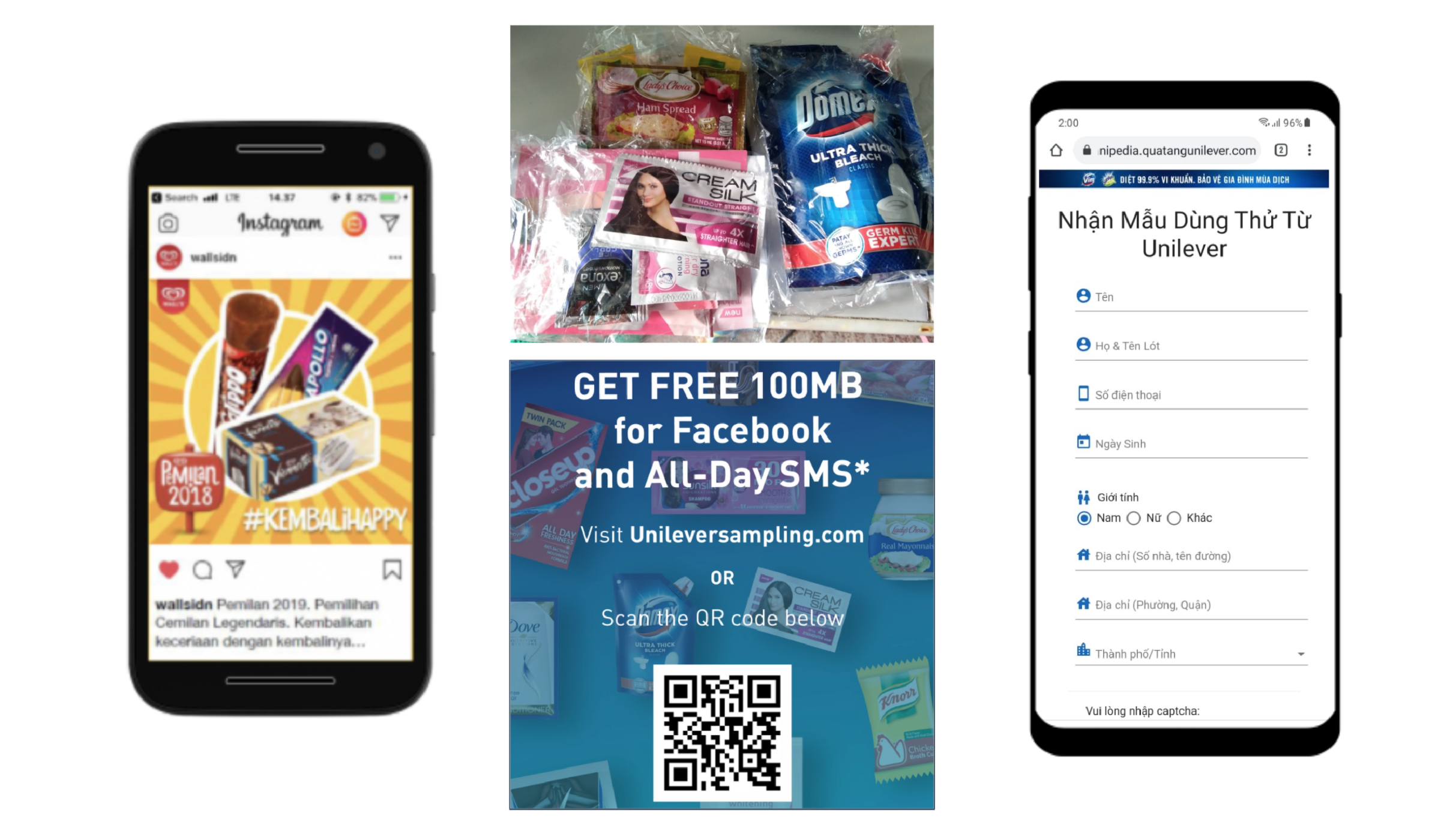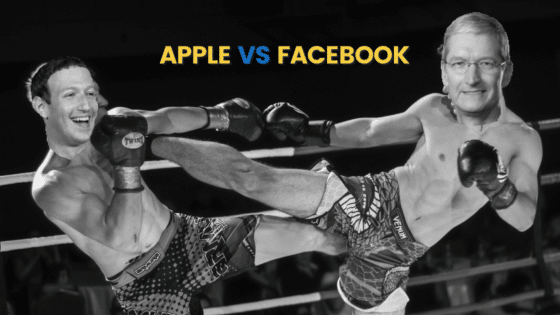Nowadays marketing relationship is continuously improving the relationship with both customers & consumers to create a better impact on their mind than before. To build up that relationships, companies are now investing more in customer relationships such as-provide sample products, communicate with customers & ask for feedback, proactive customer support etc. During product launching, along with media promotion, companies also provide samples.
Providing samples is a part of increasing brand value and promoting the product in the market which will boost the sales. But, customers’ choices or preferences are continuously changing, so companies have to come up with a new product in the market. At the beginning stage of a new product, companies use both competitors and customers data to predict the new products demand in the market.
Now a question can come into your mind: how can a company utilize their customers personal data and track their engagement during new product development? To solve these loopholes; companies come up with marketing analyzing ideas which measure marketing activities, sales and connect with customers’ personal data (PII), company’s both social media and website related data. So, we are going to describe how companies collect customers personal data, provide data security and product sampling effects customers buying behaviors.
At the present, maximum companies collect most of their customers PII online. PII data is used by the company during digital marketing activities. PII data helps the company to know not only the demographic information about their customers but also individuals choice, area of interest, purchasing pattern and based on that companies provide push up notification or email for marketing. Now companies are now investing in collecting the customers data, in a more secure way as digital advertising is reshaped by a number of significant, privacy-driven changes, investment in first-party data is emerging as a key strategy that can help marketers and publishers adapt. At the same time, web browsers and mobile operating systems have begun restricting the use of third-party cookies and mobile identifiers, which have been used for years to deliver relevant ads and enable critical measurement use cases.

That’s why multinational companies like Unilever start using more complaint services to collect first-party data. For example, Unilever Philippines arranged a campaign with Next Billion PTE LTD to collect PII information, distributing samples and collecting feedback from consumers by using Next Billion’s survey solution. NEXT BILLON has developed 3 different platforms which are visual flyer advertising platform, web based PII platform and chatbot platform to collect users personal information of interested customers with their consent. In this campaign after submitting the PII information, the users get either a free sample of Unilever products or other rewards according to their choice.
Another multinational company did a similar type of project in Bangladesh and India.They targeted their audience on facebook where they can see the free sampling offers video and get a unique offer code. Then, participants are redirected to a website where they asked for to input the unique code and personal information. Later on, that company sent a free product sampling box to the participants by using a local logistics company. This is the process to collect first-party data in return for a free sampling product.
At its core, first-party data signifies a direct relationship between a person and a business. At key moments along the customer journey — whether a purchase, an account creation, or a subscription sign-up — people share information about themselves and trust that the other party will protect it and use it responsibly. Over time, as people engage regularly with their preferred providers, those businesses learn more about their customers or audiences, and can use those insights to serve them better.
In fact, research shows that people expect businesses to use information about them to personalize their experiences, and that they are willing to share more under the right circumstances. A 2019 survey conducted by Harris Poll for RedPoint Global found that 63% of consumers surveyed across the U.S., Canada, and the U.K. expect personalization as a standard of service. The study also found that a majority (54%) of the 3,000 participants expressed a willingness to share personal information if it would be used to create personalized experiences; that number jumped to 70% and 72% when focused on millennials and Gen Zers, respectively.
An important part of creating a privacy-forward, first-party relationship with users is clearly communicating what they are agreeing to. Make sure your privacy policy is easily accessible and up-to-date with your latest practices. Be transparent with your customers about how they can exercise control over the data being collected, including how to opt out of tracking or submit a request to have information deleted.

You learn more about your customers and audiences through each interaction you have. But there are also deliberate steps you can take to collect the information you need to deliver great experiences or provide great service. Brands might offer a loyalty program that provides customers with exclusive content, personalized recommendations, and merchandise rewards. Or they could simply offer a coupon or deal if people provide their email address or phone number. For example, With the help of NEXT BILLION, Wall’s ice-cream brand under Unilever Indonesia arranged a campaign for free Wall’s minion banana flavored ice cream. In this campaign participants can register after submitting their PII and get a free ice cream voucher code as a reward.
Another great example is Mondelēz. In the past, candy shoppers have made their purchases in-store or on retailer sites. But as the marketing landscape shifted, Mondelēz worked to develop a direct relationship with shoppers and a first-party data strategy. That strategy carefully considered the value being offered in exchange for establishing a relationship. Take the company’s Sour Patch Kids brand: Fans of the candy can go to a website, handpick flavors, customize the packaging with their names, and order their own unique box of the multicoloured, sugar-coated candies. According to Jonathan Halvorson, VP of global media, digital, and data at Mondelēz, “When people choose to connect with us directly and share information, we ensure that a high bar is met in terms of the value they get in return.” That’s why NEXT BILLON provides a secured solution to their clients to save the encrypted database either in NEXT BILLION’s server or in the client’s server.
To learn more about how to grow and implement your first-party data, I am open to talk and share my knowledge with you.



















